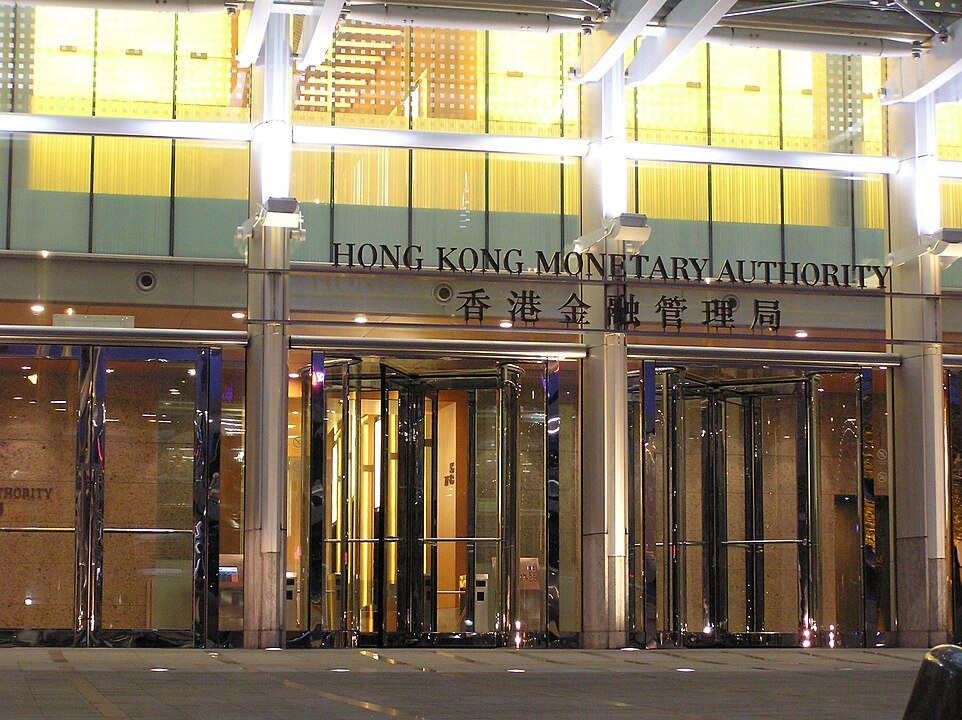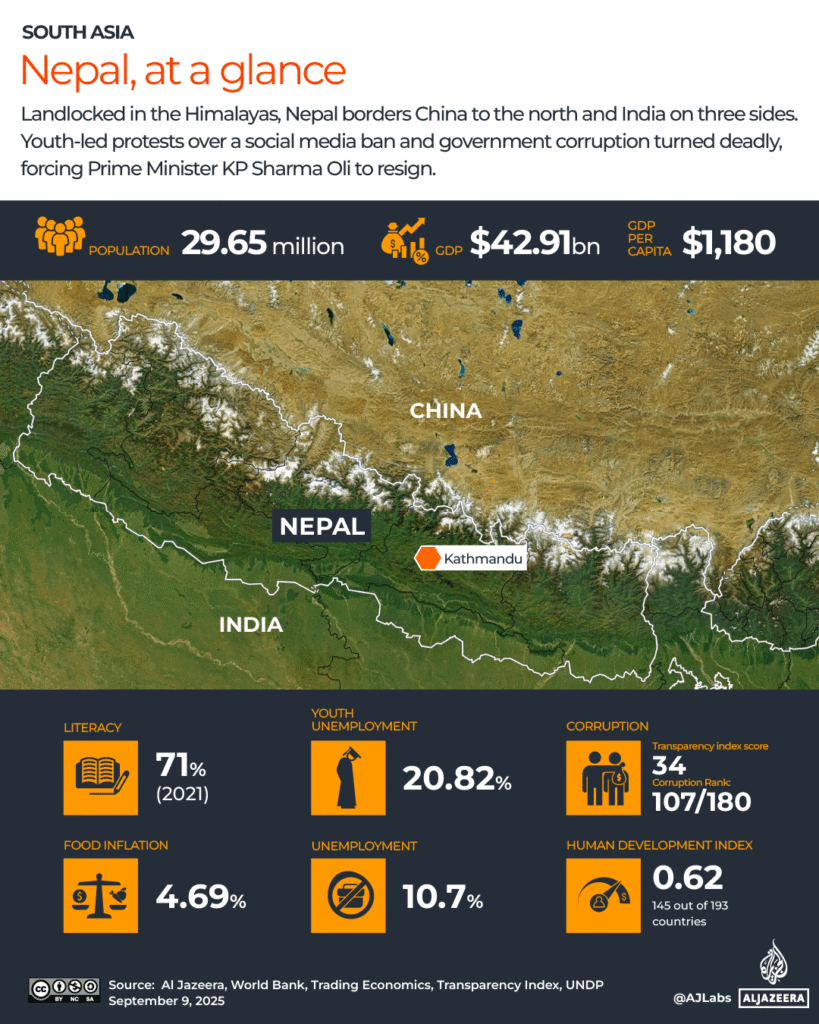The Mexican government is planning a major increase in import tariffs on Chinese cars, steel, and textiles.
The jump could rise to 50% among 1,371 categories.
Tariffs will increase from the current 15-20% to 50% for Chinese cars and autoparts.
While steel, textiles, footwear and more will see new or increased tariffs ranging from 10% up to 50%.

The move is driven by local job protection, trade deficit concerns and pressure from the US to stop Mexico from acting as a back door for tariff-free Chinese goods entering North America.
Economy Minister Marcelo Ebrard says low-priced Chinese imports are threatening around 325,000 manufacturing jobs, with the domestic sector struggling to compete.
He said that the imposition of tariffs on Chinese products is “a measure to try to reduce” Mexico’s trade deficit with China, totalling over $57 billion (£45.3bn) in the first half of the year.
Reuters suggests the tariffs could impact about $52 billion (£41.3bn) of imports each year and are set to apply until at least December 2026.







